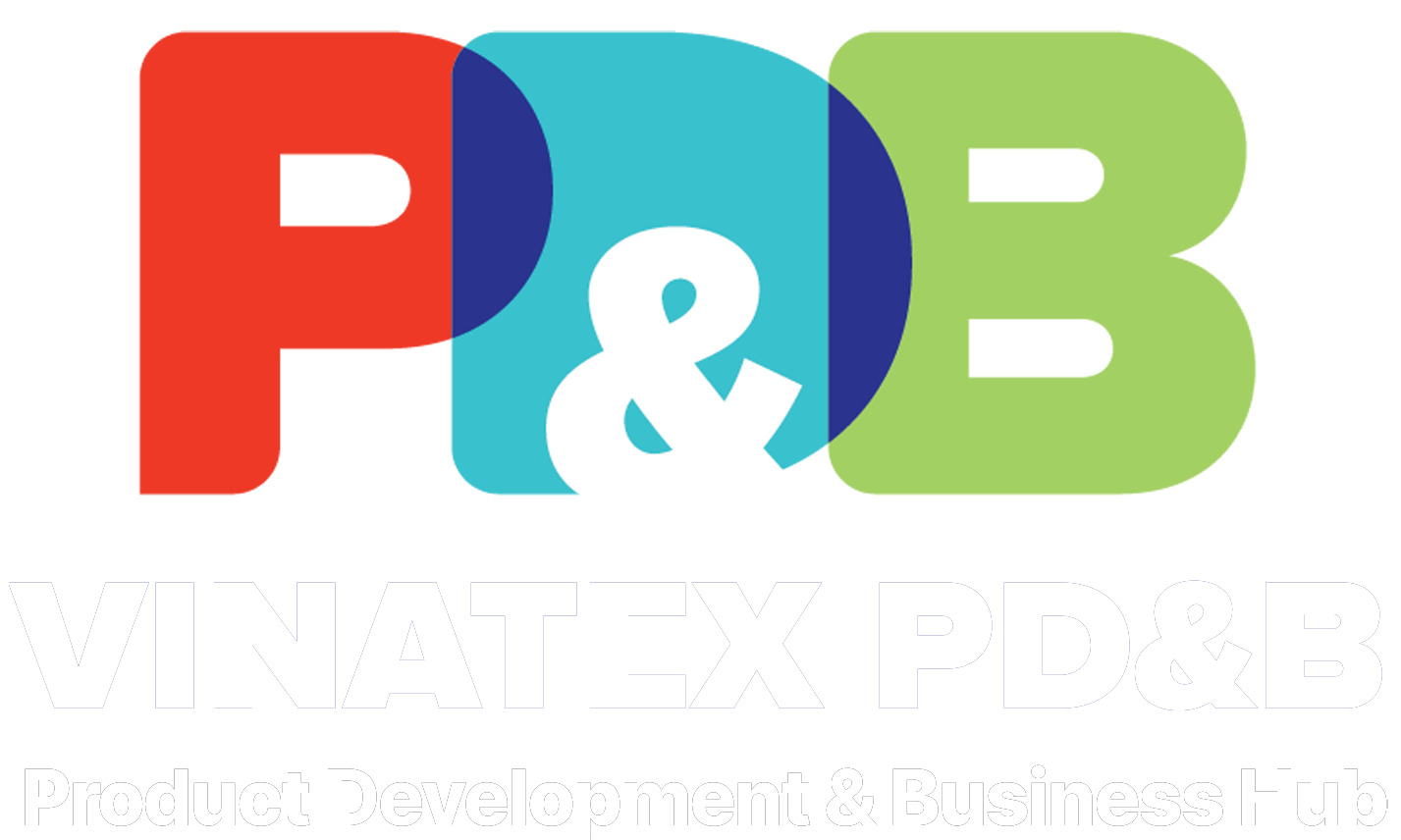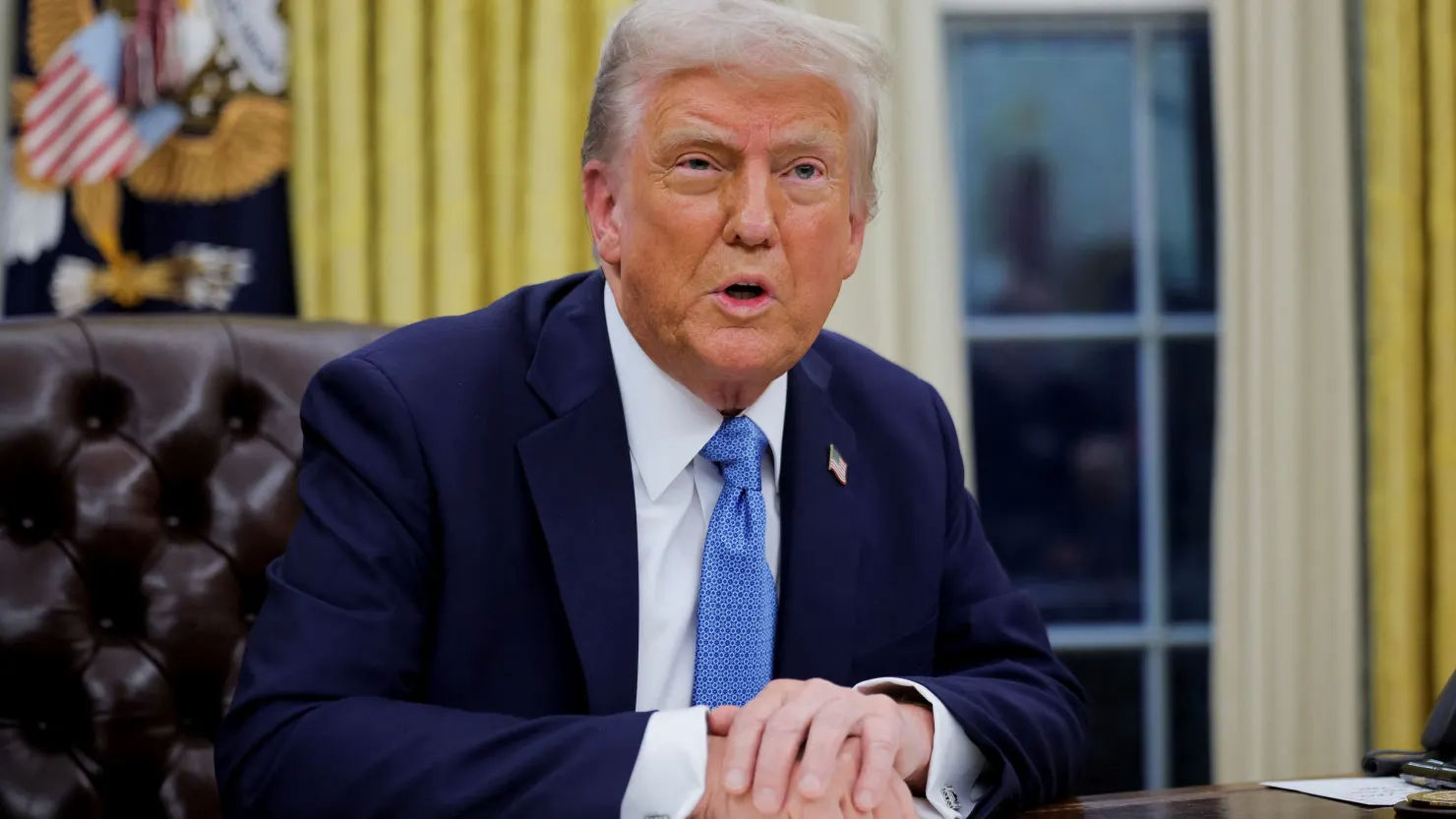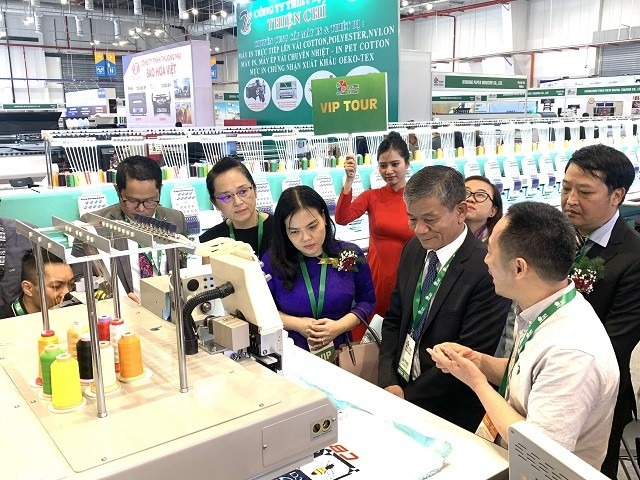28/10/2024
Vietnam’s Textile Industry Faces 86 Green Criteria for Each Order
Mr. Vũ Đức Giang, President of the Vietnam Textile and Apparel Association (VITAS), recently emphasized the immense value Vietnam’s textile industry brings to the economy, despite the stringent 86 criteria businesses must meet to secure a single garment order.
On October 18, the “Sustainable Finance: Benefits & Risks between Businesses and Banks” conference, hosted by SGGP and the Business Studies and Assistance Center (BSA), tackled the complexities of sustainable financing.
Representing the research team, Mr. Hồ Quốc Tuấn noted that climate change poses significant risks to financial systems. As a result, European banks are now required to report not only credit and liquidity risks but also climate-related risks.
European banks have prepared a range of funding options to aid businesses in transitioning to sustainable production. Ms. Nguyễn Thị Thu Hà from the University of Economics Ho Chi Minh City highlighted the limitations of traditional financial products in supporting green transitions and suggested alternative funding sources—such as venture capital, institutional donors, angel investors, and development finance institutions (DFIs). Blended finance, combining public and private capital, is gaining popularity, especially as it helps attract investment for climate-focused projects while mitigating risks.
Ms. Ha underscored the role of financial technology in helping businesses manage climate-related risks, enabling better forecasting and resource management. Vietnamese textile companies are increasingly adopting such technology, contributing to more efficient resource management.
She also encouraged fostering “open innovation” and investing in climate tech startups, which face a funding gap, with early-stage investments remaining below the $5 million mark necessary for growth.
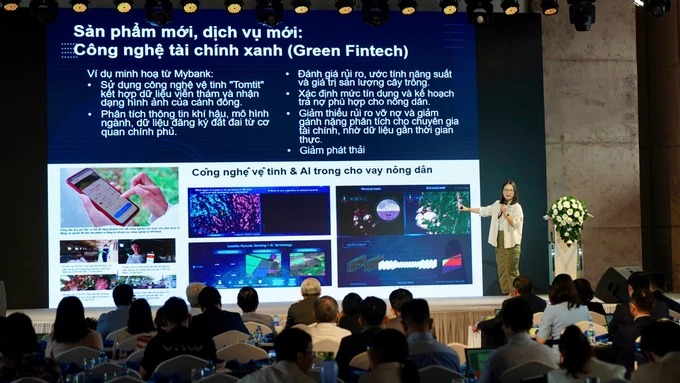
Banks also play a key role in green financing. Ms. Hà noted that ESG (Environmental, Social, Governance) investment strategies are gaining prominence. By building and integrating ESG standards into their loan portfolios, banks can focus on lending to companies committed to green practices. Increasingly, banks are stepping back from high-emission industries like coal, supporting instead ESG-compliant businesses.
Ms. Bùi Thị Thu Hà, project manager of the Fair Finance Vietnam Initiative (FFV), shared that ESG policy commitments among Vietnamese commercial banks have strengthened between 2020 and 2022. From 2022 to 2024, banks are increasingly implementing ESG policies and providing feedback mechanisms for ESG-related concerns from affected communities.
Conference moderator Ms. Vũ Kim Hạnh said that, while the green transition within Vietnam’s banking sector remains in its early stages, considerable efforts are underway. She also pointed out the disconnect between banks’ excess capital and businesses’ difficulty in accessing it, emphasizing the need for technological solutions to bridge this gap.
In industry insights, Mr. Vũ Mạnh Hùng, Chairman of Hùng Nhơn Group, noted that since 2006, his company has adhered to GlobalGAP standards, implementing wastewater and biogas systems that act as “lungs” for the company’s environmental strategy. The company is partnering with European corporations to support green supply chains.
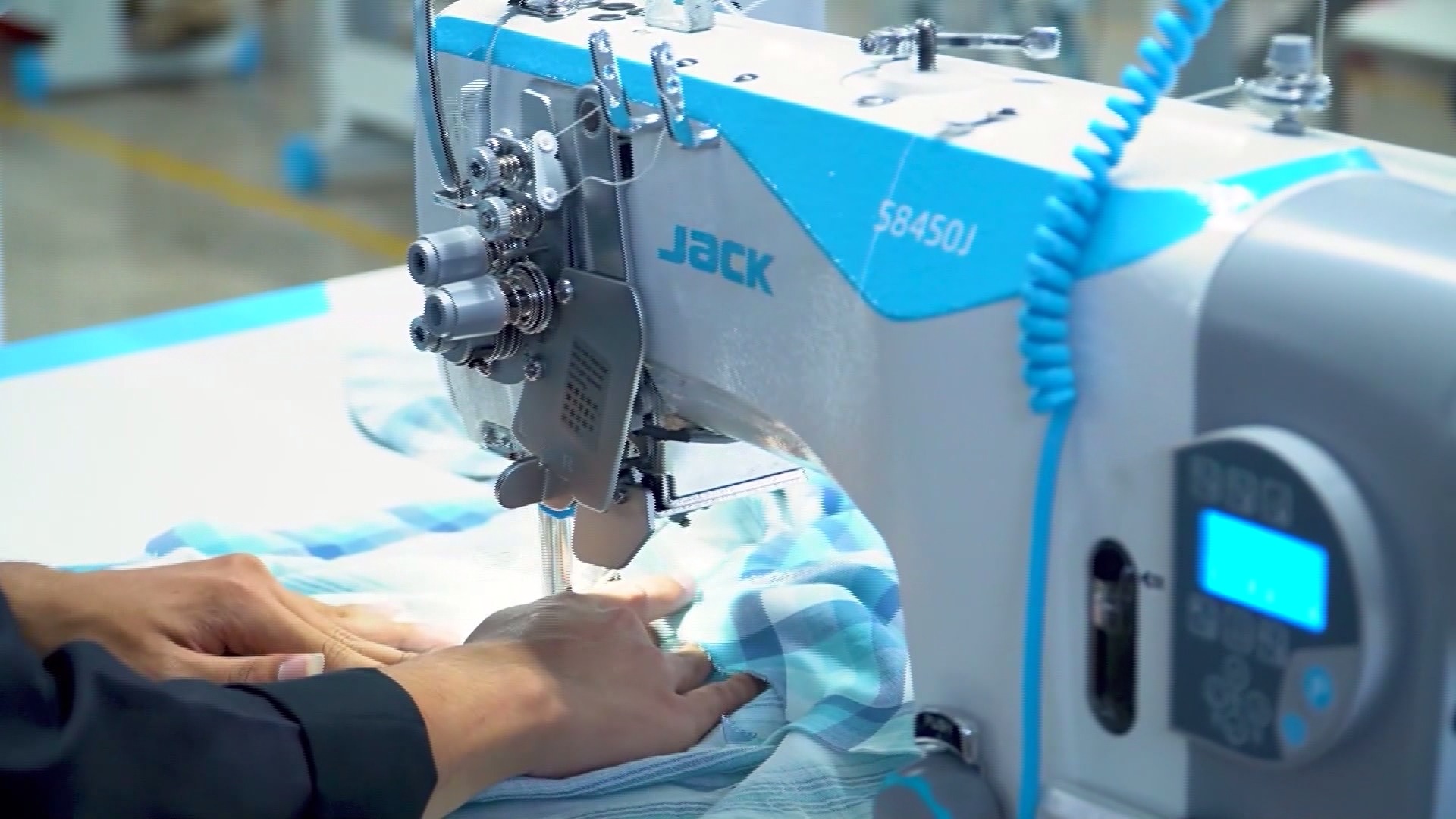
Mr. Vũ Đức Giang reported that the textile sector achieved $32.2 billion in exports in the first nine months of this year, with a target of $44 billion by year-end. Over the last five years, the industry has obtained green certifications, essential for entering markets in Europe, the U.S., Japan, South Korea, and, increasingly, China.
Automation is also advancing, with factories like Phong Phu International in Ho Chi Minh City’s District 9 using robotics to achieve green standards. However, brands like Nike, Adidas, and H&M are now requiring suppliers to shift from coal or wood to electricity for boilers, which has increased production costs by approximately 15%.
In the shift toward a green economy, foundational investments are critical. As part of its green financing initiatives, HDBank will integrate environmental and social risks into its credit assessments beginning in 2024.
Mr. Trần Hoài Phương of HDBank shared that the bank is prepared to refuse clients who don’t meet green standards, citing a recent instance involving a cement-importing company linked to coal power. By year-end, HDBank plans to issue $100 million in green bonds, with a focus on supporting green clients in solar energy, agriculture, and waste-to-energy sectors.
According to Mr. Phương, a sustainable future requires companies to not only sell green products but also address broader social and environmental issues, ensuring their businesses align with ESG principles to attract new funding and meet global standards.
Translated & Edited from the article Một đơn hàng dệt may, 86 tiêu chí xanh đi kèm
Share:
